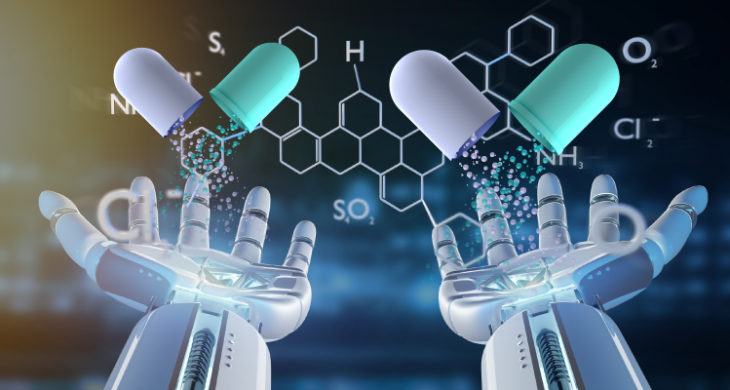Dr. Talia Cohen Solal examines human brain cells produced in a petri dish under a microscope.
“The brain is very subtle, complex, and beautiful,” she explains.
Dr. Cohen Solal, a neuroscientist, is the co-founder and CEO of the Israeli health-tech startup Genetika+.
The business, which was founded in 2018, claims that its algorithm can best match antidepressants to patients, avoiding unpleasant side effects and ensuring that the prescribed drug works as effectively as possible.
RELATED: Universal Music Group Urges Congress To Enact Stricter Artificial Intelligence Protections
“We can characterise the right medication for each patient the first time,” Dr Cohen Solal adds.
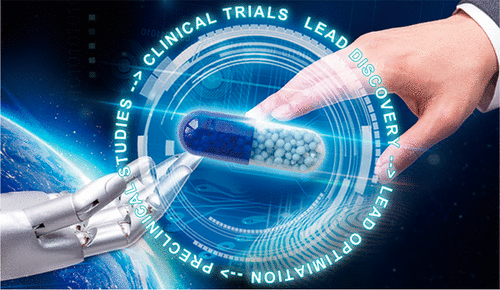
Genetika+ does this by merging cutting-edge stem cell technology (the cultivation of specific human cells) with artificial intelligence (AI) software.
Its technicians can create brain cells from a patient’s blood sample. These are then subjected to various antidepressants and cellular alterations known as “biomarkers” are documented.
This data, along with a patient’s medical history and genetic data, is then evaluated by an AI system to decide the optimal prescription and dose for a doctor to prescribe.
RELATED: Incredible Jobs In Artificial Intelligence That Pay $375,000 Year
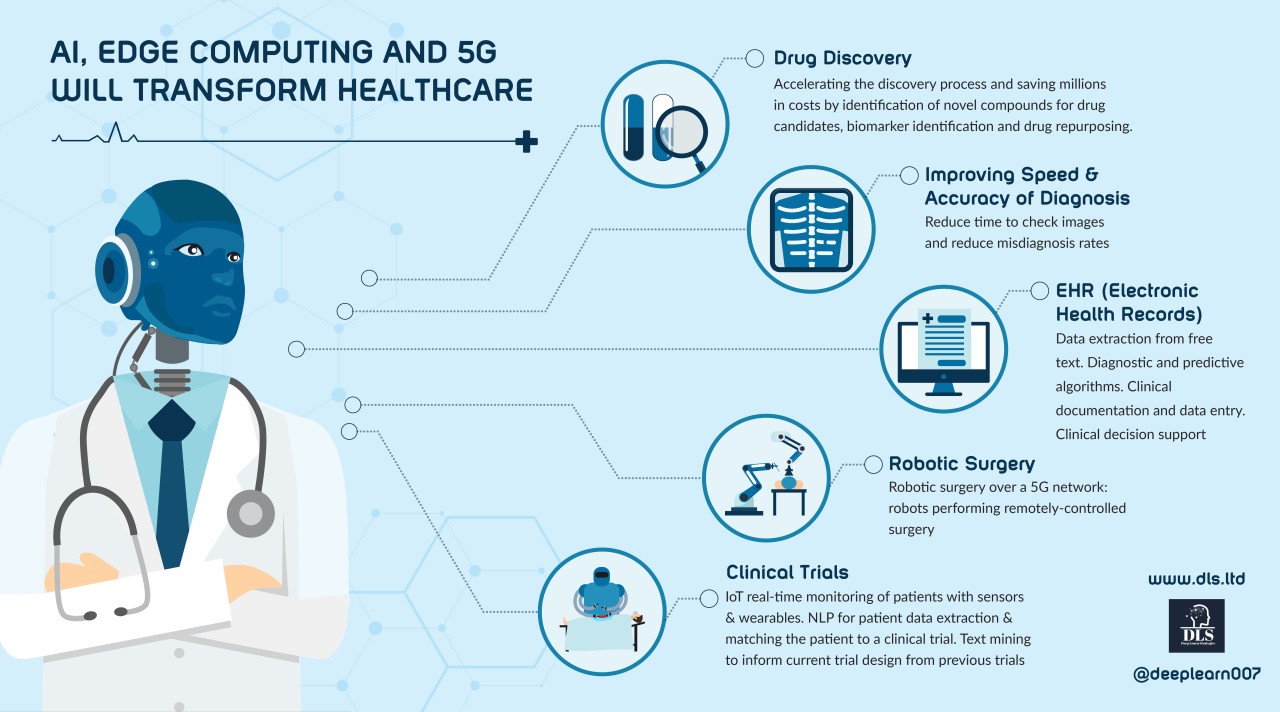
Although the technique is still in its early stages, Tel Aviv-based Genetika+ plans to launch commercially next year.
In 2021, the global pharmaceutical industry is expected to generate $1.4 trillion in revenue.
The startup has received financing from the European Union’s European Research Council and European Innovation Council, demonstrating how AI is rapidly being employed in the pharmaceutical sector. Genetika+ is also collaborating with pharmaceutical companies to create new precision medications.
The company anticipates that its services will be in high demand in the future. According to the World Health Organization, there are more than 280 million people worldwide who suffer from depression.
RELATED: Washington Is Having Difficulty Keeping Up With Artificial Intelligence
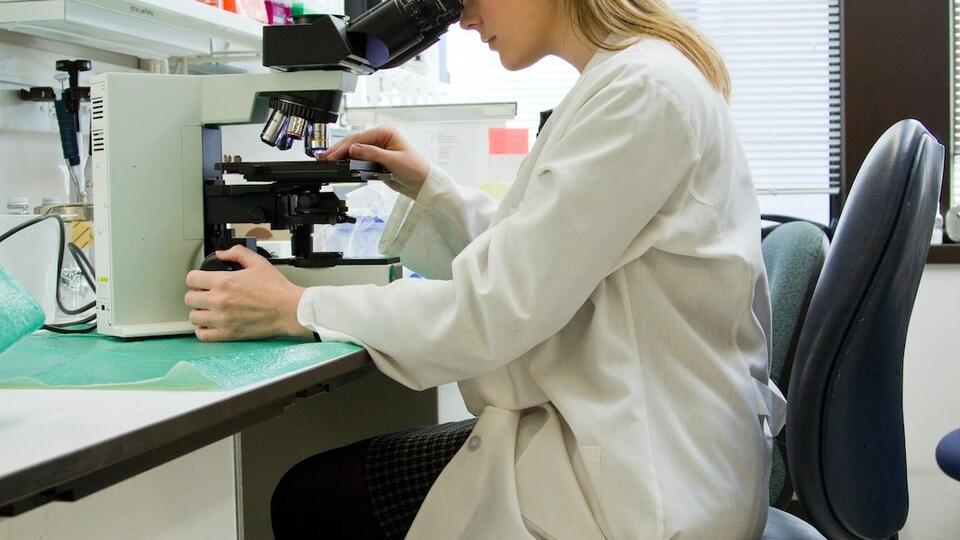
While antidepressants are not for everyone, it has long been believed that over two-thirds of initial prescriptions for depression or anxiety do not perform adequately.
“We are in the right place at the right time to be able to marry the latest computer technology and biological technology advances,” says Dr Cohen Solal.
According to Dr. Heba Sailem, the potential for AI to alter the global pharmaceutical sector, which produced $1.4 trillion (£1.1 trillion) in revenue in 2021, is enormous.
RELATED: AI Tools Are Being Employed By Cops Who ‘Do Not Comprehend How These Technologies Work’: Research
She says AI has helped with everything from “identifying a potential target gene for treating a certain disease, and discovering a new drug, to improving patient treatment by predicting the best treatment strategy, discovering biomarkers for personalised patient treatment, or even prevention of the disease through early detection of signs for its occurrence.”
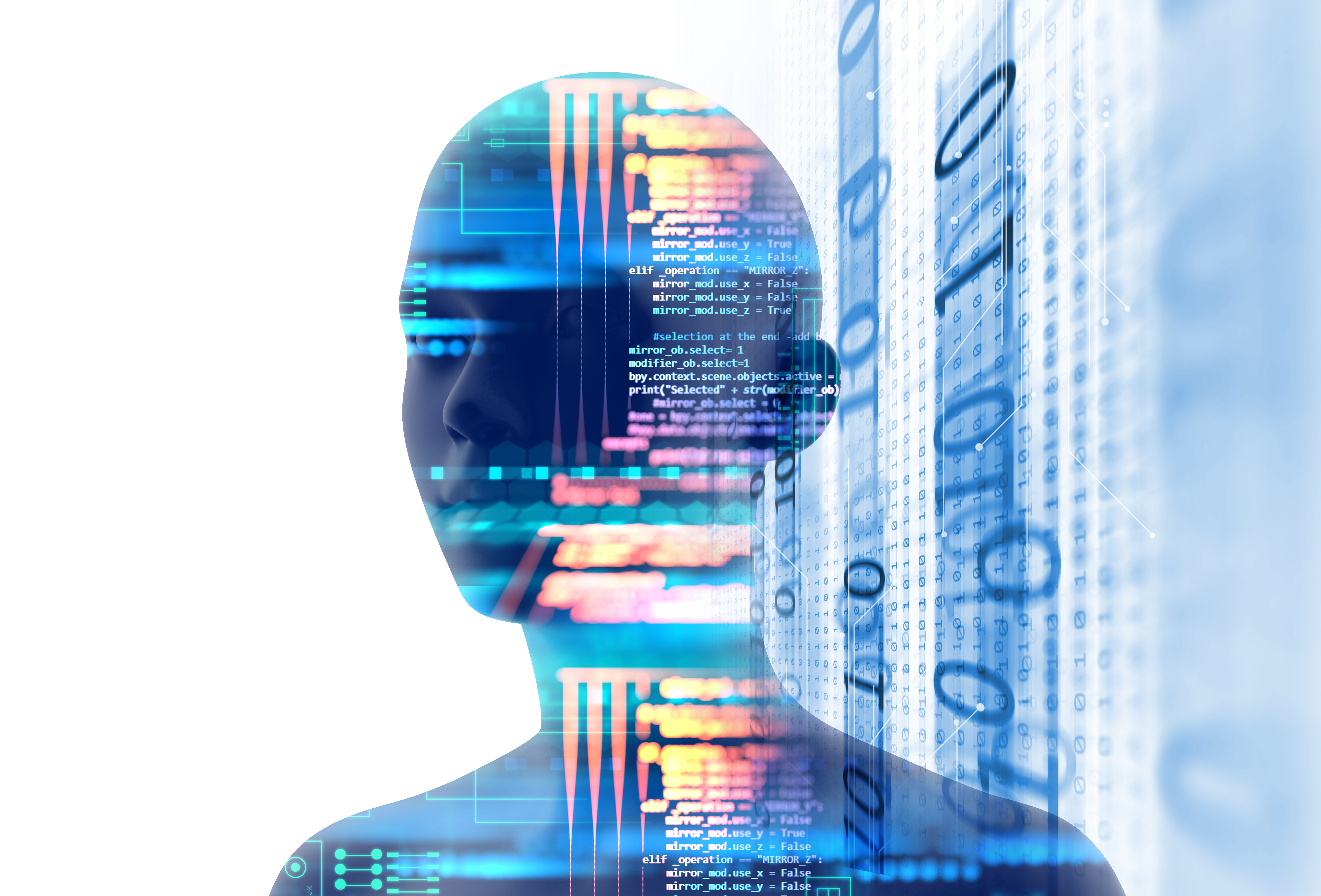
New Tech Economy is a series that investigates how technological innovation is shaping the new emerging economic landscape.
However, according to Calum Chace, another AI researcher, the adoption of AI in the pharmaceutical business is still “a slow process.”
“Pharma companies are huge, and any significant change in the way they do research and development will affect many people in different divisions,” says Mr Chace, the author of several books on artificial intelligence.
RELATED: Publishers Are Concerned About ‘Fair Use’ And Revenue Loss As A Result Of AI Tools
“It’s difficult to get all of these people to agree to a drastically different way of doing things, partly because senior people got to where they are by doing things the old way.”

“They’re used to it, and they believe it.” And they may be concerned about being less valuable to the company if what they know how to do suddenly becomes less valuable.”
Dr. Sailem, on the other hand, emphasizes that the pharmaceutical industry should not be tempted to hurry ahead with AI and should take strict precautions before relying on its predictions.
“An AI model can learn the correct answer for the wrong reasons, and it is the responsibility of researchers and developers to ensure that various measures are used to avoid biases, especially when trained on patient data,” she says.
Insilico Medicine, based in Hong Kong, is harnessing AI to expedite drug discovery.
“Our AI platform is capable of identifying existing drugs that can be re-purposed, designing new drugs for known disease targets, or finding brand new targets and designing brand new molecules,” co-founder and CEO Alex Zhavoronkov adds.
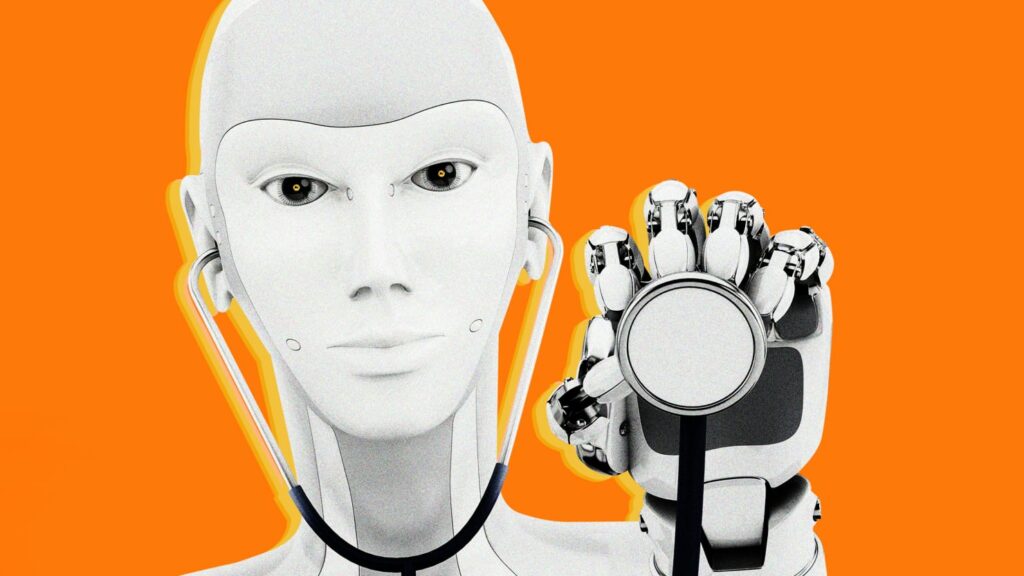
Alex Zhavoronkov claims that using AI is assisting his company in developing new treatments faster than would otherwise be the case.
Its most advanced medication, a therapy for a lung ailment known as idiopathic pulmonary fibrosis, is now being tested in humans.
According to Mr Zhavoronkov, it generally takes four years for a new drug to reach that stage, but Insilico Medicine did it “in under 18 months, for a fraction of the cost.”
He goes on to say that the company has another 31 medications in various stages of research.
Back in Israel, Dr. Cohen Solal claims that artificial intelligence can assist “solve the mystery” of which pharmaceuticals work.
Download The Radiant App To Start Watching!
Web: Watch Now
LGTV™: Download
ROKU™: Download
XBox™: Download
Samsung TV™: Download
Amazon Fire TV™: Download
Android TV™: Download

